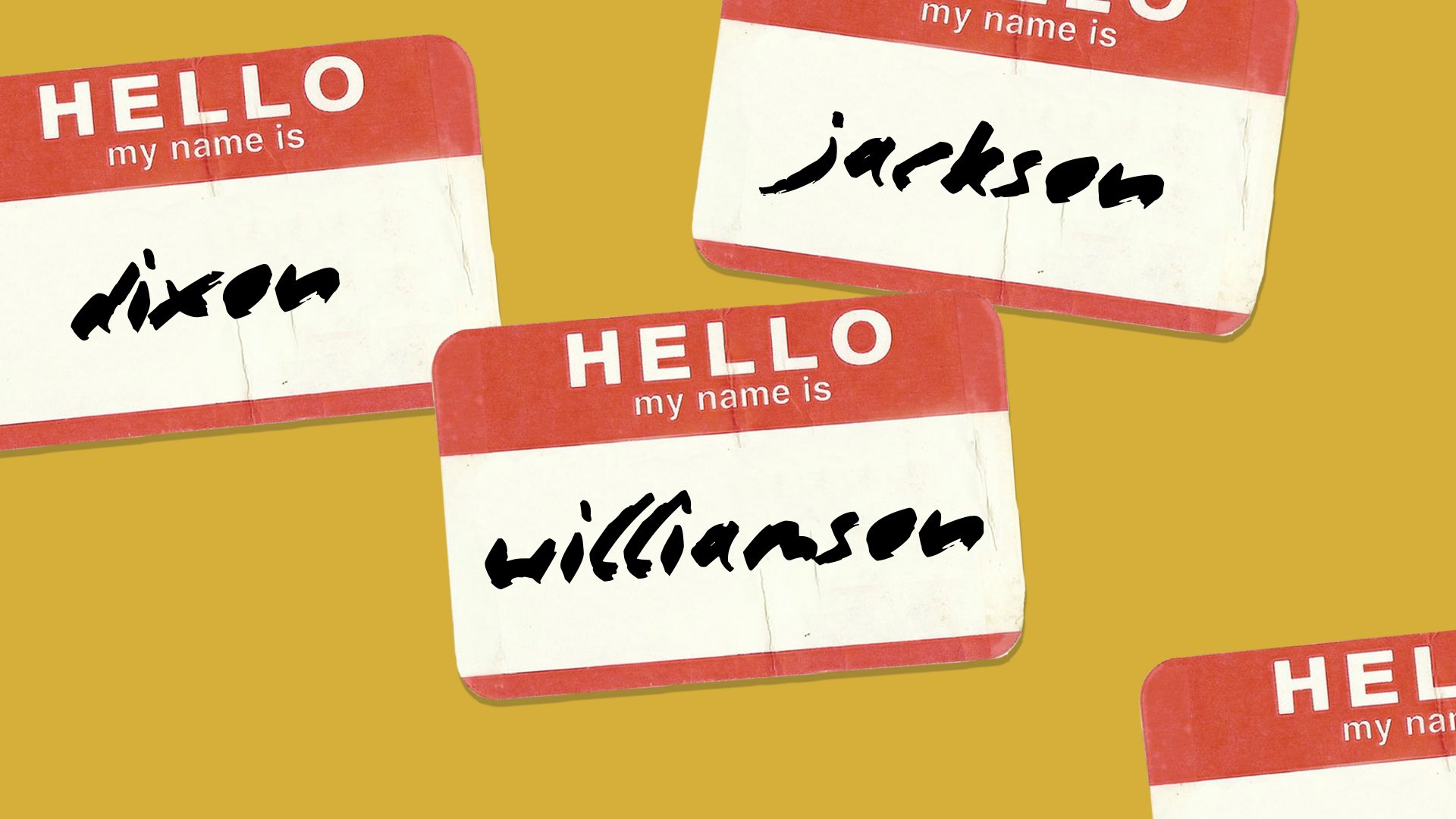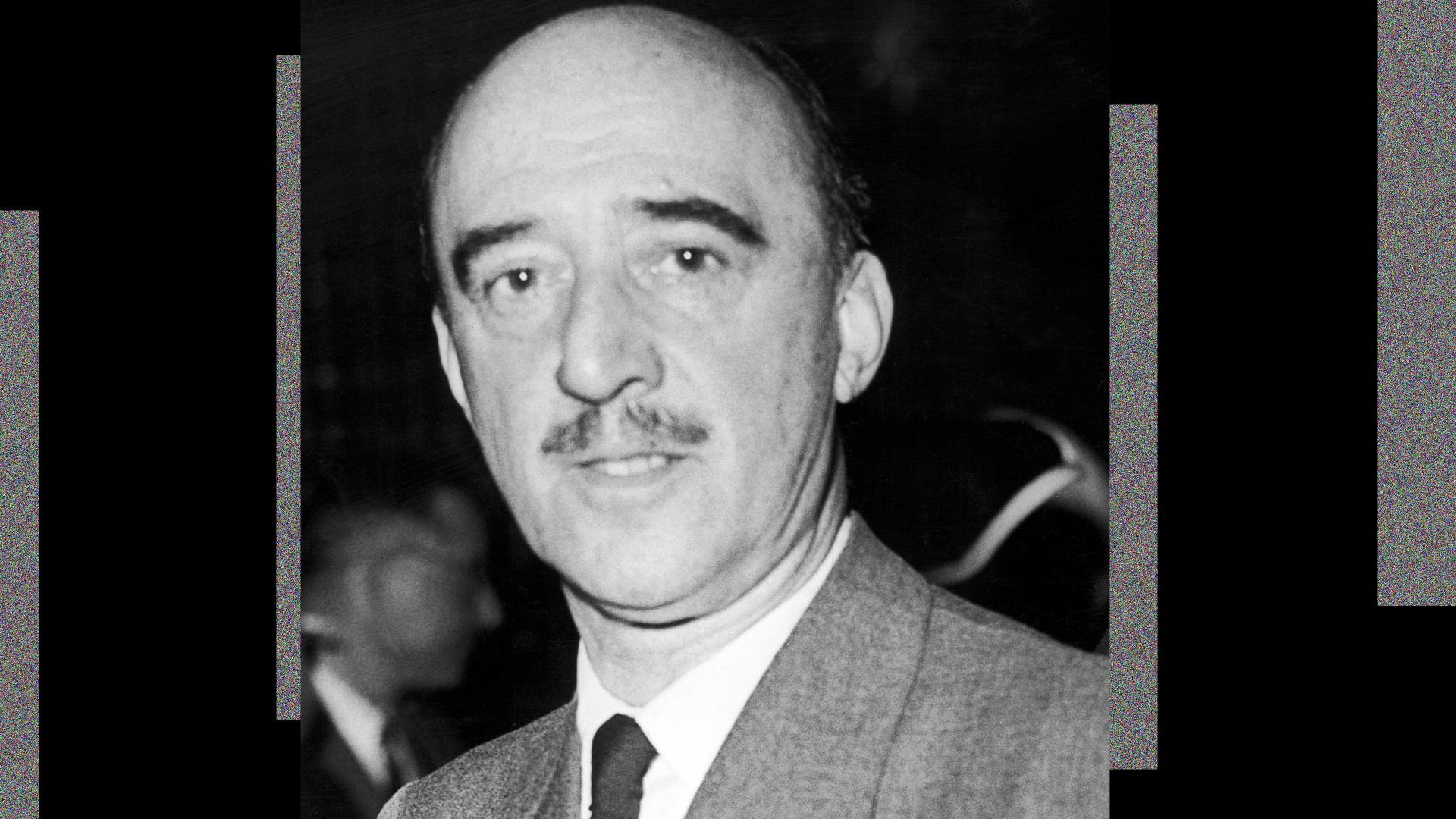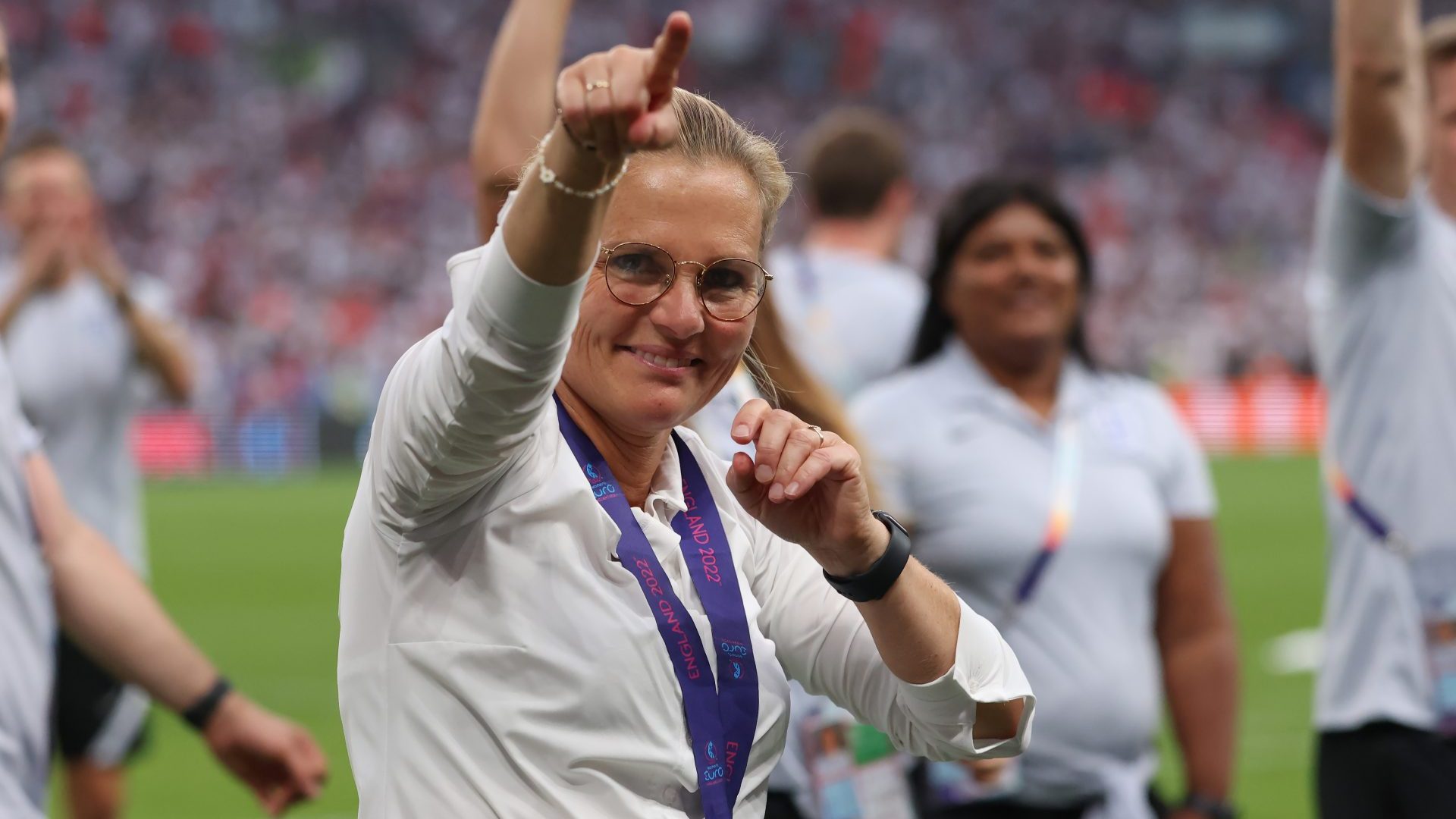In those parts of Britain which were settled more than 1,000 years ago by Danes and Norwegians, during the Viking Age, we can still today find Old Norse-origin placenames. These include the names of towns such as Grimsby, Scunthorpe, Lowestoft, and very many others. In the Lindsey area
of northern Lincolnshire, about 70% of all modern placenames descend from the Old Danish of the Vikings.
We also know that there are more words of Norwegian and Danish origin in the regional English dialects of the former Danelaw than elsewhere, for example cleg (horse-fly), lop (flea), flit (move house), and bairn (child).
It is not often pointed out, however, that the Scandinavian migrations to
Britain between AD800 and AD1050 may well also have led to a certain
amount of Old Norse influence on modern British surnames.
In the older Nordic languages, it was the norm for boys and men to be given
identifying bynames (additional names or nicknames) ending in -son. This is
still very much the custom in modern Iceland: a Ragnar Sigurðsson is the son of a man called Sigurð, distinguishing him from other men called Ragnar. In turn, any son of his will bear the patronymic Ragnarsson.
In parallel, girls were, and in Iceland still are, similarly given a byname
ending in -dóttir: any sister of Ragnar Sigurðsson will bear the patronymic
Sigurðsdóttir. The singer Björk’s full name is Björk Guðmundsdóttir. The
famous cycle of novels written by the Norwegian Nobel prize-winner Sigrid
Undset centres on a 14th-century character who she named Kristin Lavransdatter – the daughter of Lavrans.
And such names are not always necessarily patronymics. Matronymics
like Elinsdóttir can also occur. English, too, has matronymic surnames, such as Margetson.
The Nordic -son/-datter naming practice continued in Orkney until the 1500s, and there were still some traces of it in Shetland until around 1900.
The practice of using -son bynames was known in other Germanic-speaking areas as well, but the extent to which this custom, which predominated in Old Danish, may have influenced naming in Britain as well can be inferred from an academic study of the original geographical distribution of surnames in England and Wales, published in 1925 by the Norwegian scholar Einar Belsheim.
He showed that the most common British surnames ending in -son arose in the Danelaw and areas of Norwegian settlement. The heaviest concentrations of -son names lay in the Lowlands of Scotland, Northumberland, Cumbria, Durham, Yorkshire, Lancashire, Nottinghamshire and Lincolnshire. The next highest were found in Cheshire, Staffordshire, Derbyshire, Leicestershire and Norfolk, followed by Shropshire, Warwickshire, Suffolk and Essex.
There is a clear geographical pattern here, with counties falling outside the
Danelaw, like Hampshire and Dorset, scoring very low. The Oxford Dictionary of Family Names in Britain and Ireland says of the contemporary situation: “Names with final -son, for example Dixon, Jackson and Williamson, are
massively concentrated in the north of England.”
This is not actually proof of lingering Scandinavian influence, but it is very
suggestive of the possibility that, during the 13th and 14th centuries, when bynames started turning into family names which were passed on unchanged from generation to generation, the Old Norse-style names in -son remained very common in the Scandinavianised areas, with the custom transferring from Norse into English.
LOP
Lop, meaning ‘flea’, is found in the traditional dialects of Cumbria,
Northumberland, Durham, Yorkshire and Lincolnshire. It came originally from Old Norse hloppa, and corresponds to loppe in Modern Norwegian and Danish and to loppa in Swedish. The word is etymologically related to leap – which is, after all, what fleas do.




